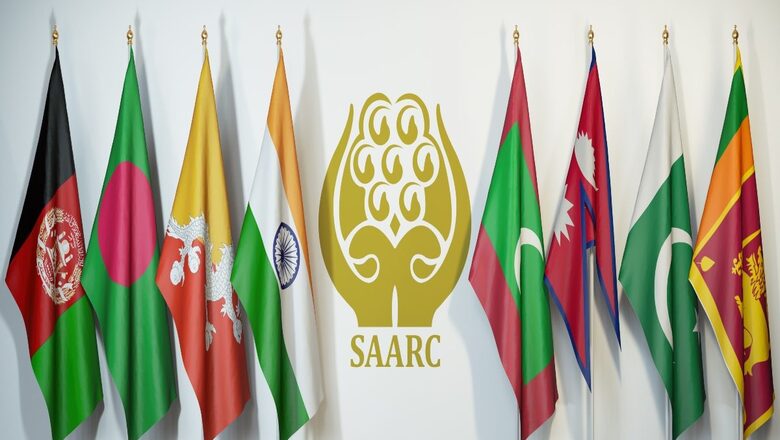
views
The recent debate regarding the ‘Akhand Bharat’ map inside India’s Parliament has created diplomatic anxiety among a few neighbours of South Asia. Bangladesh, Pakistan, and Nepal have communicated with the Indian counterpart for the clarification of such a map. According to them, Parliament is the symbol of the sovereign, and any map which shows their land as part of India violates international relations. Though India responded very quickly to all the concerns raised by our neighbours with historical facts. It explained that the map does not signify the political map of India; it portrays the kingdom of Samrat Ashoka in history. Except for Pakistan, other neighbours did not escalate the matter further.
It needs to be understood that the Parliament of any country not only represents the political reality of the country, but it showcases the cultural and historical richness of the state too. Parliament is the highest assembly of lawmakers in India. We consider it the biggest ‘panchayat’ in India. Democratic practices in India are as old as our culture. Since the time of ancient Indian society has adopted modern democratic practices performed through various social, political, and religious organisations. After World War II, many boundaries of the new world were redrawn. These processes had been very arbitrarily done by the colonial superpower without or with very less consultation with the people on the ground. Therefore, for a long time, border disputes have been a reality in South Asia. Even though people in South Asia are separated by new political borders, they still largely follow the cultural traditions of thousands of years of ancient India. It is only when the British left that they made South Asia into different countries. Historically, the entire region was under common rule by different political, social, religious, and cultural leaders. India, as a nation, has carried and inherited the ancient pride of the region. All other nations by or large have taken different routes.
In this light, this issue can be seen in two significant ways involving the need for moving away from territory and territorially-based concepts of regulatory power and local practices and understandings of specific regimes. In the given case, the historical significance of culture is being portrayed by India and it is not imposing its statehood over its geographical territory. Sadly, our neighbours have seen it as a sign of intervention and labelled it as a violation of their sovereign rights which is not the case. Even under Article 51 of the Indian Constitution, a direct reference has been made to encourage the settlement of international disputes through arbitration under subparagraph (d) along with voluntary obligations like fostering respect for international law and treaty obligations and maintaining just and honourable relations with other nations, which clearly reflects the intentions of the country to respect the territorial integrity of other countries and maintain a peaceful co-existence with other nations.
This obligation under Article 51 is read along with Articles 246 and 253 of the Constitution that deals with demarcating the powers of the Union and the state governments by classifying their powers and the power of Parliament to make any law for the whole or any part of the territory of India, for implementing any treaty, agreement or convention with any other country or countries or any decision made at any international conference, association or other body.
In this context, there arises a need for establishing regional and sub-regional human rights codes or conventions. This has also been recognised by the United Nations since, in the absence of a universal approach that the South Asian states refuse to adopt, it is through regional initiatives that the motives of human rights could be achieved. The need for a regional initiative becomes even more significant because unlike Europe, America and Africa, there is no inter-governmental regional system for human rights protection in South Asia. In practice, the reason cited is that the human rights debate revolves around South Asian views or perspectives. Although the South Asian governments have ratified international human rights instruments, they fail to reflect in the national constitutions or laws of most governments.
Abhinav Mehrotra is Assistant Professor and Dr Biswanath Gupta is Associate Professor at OP Jindal Global University. The views expressed in this article are those of the authors and do not represent the stand of this publication.



















Comments
0 comment